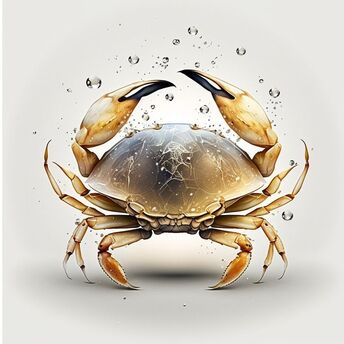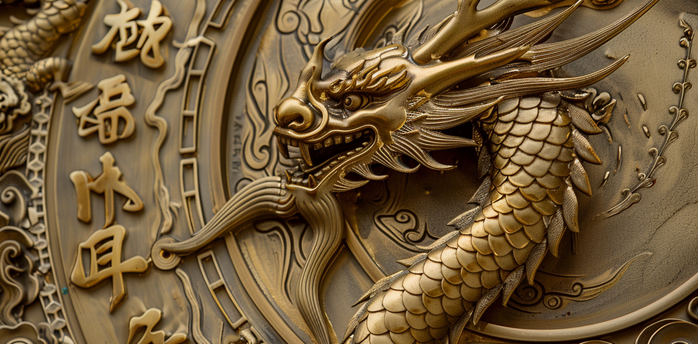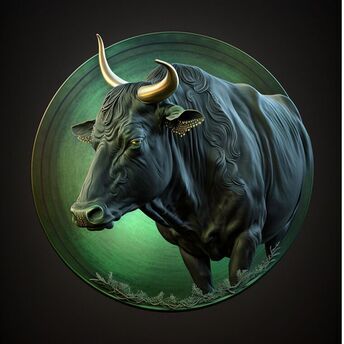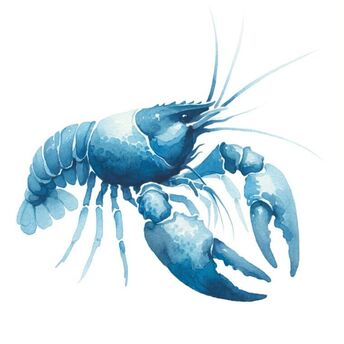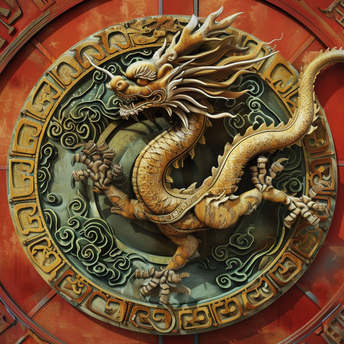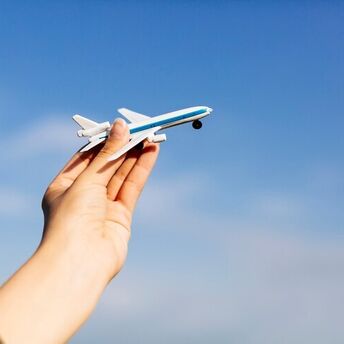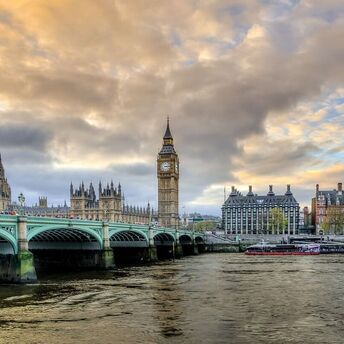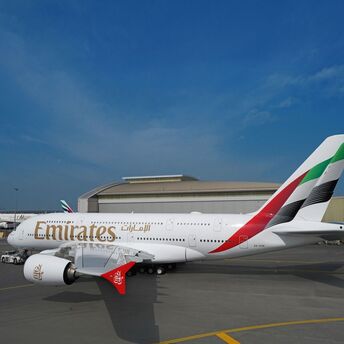Better not to eat on the plane: what food flight attendants consider dangerous
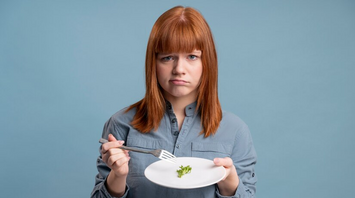
Before the flight, it is recommended to study the assortment of the onboard menu, avoiding dishes with raw ingredients. But frequent travelers have their own opinions about airplane food.
What food do flight attendants not recommend eating, and why are they against heated meat in the air? Sky cuisine experts shared their comments in a HuffPost article.
Where food is prepared for passengers
When traveling by plane, it's useful to know that most onboard food is prepared by a limited number of catering companies and then transported to airports.
How stewards eat
Some flight attendants prefer to bring their own food on board in isolated lunch boxes with a diverse range of dishes. But if they are paying for a plane ticket, here is a list of foods that flight attendants do not recommend.
Drinks (water, tea, coffee)
When it comes to choosing drinks on an airplane, bottled water is a safe choice, while tap water is better to be cautious. The level of water safety may depend on how often the pipes are cleaned on board. Different countries have different standards for water quality, and the study showed a difference in water safety between airlines.
Some flight attendants prefer to avoid tap water, as well as coffee and tea. It is noted that Alaska Airlines and Allegiant Air provide the lowest safe water. At the same time, JetBlue and Spirit Air took the last place.
To avoid dehydration, it is also recommended to eat salty snacks such as nuts and salted delicacies.
Steaks and fillets
During flights, many flight attendants avoid eating steaks and fillets because of the specifics of their preparation in large ovens, where they are often overcooked. They point out that the limited space in the ovens can affect the quality of cooking. For travelers whose requirements for the degree of doneness of a steak are high, it is recommended to refrain from eating it on an airplane.
Thus, by properly heating the dish, you can avoid the risk of food poisoning, which is not always possible in flight.
Alcohol
Drinking alcohol during a flight can worsen problems associated with low oxygen levels at altitude. The air pressure in the cabin is lower, making it harder for the body to absorb oxygen, which can cause dizziness or hypoxia. This condition makes a person more sensitive to alcohol, and the level of oxygen in the blood may decrease, making you more drunk in the air than on the ground when drinking the same amount of alcohol.
When ordering iced drinks, remember that the ice is probably made from tap water, which flight attendants prefer to avoid.
First courses in general
When flying at low-pressure altitudes, some foods on the plane may be less flavorful, according to a study by Lufthansa. Airline caterers compensate for this by adding more salt, especially to dishes such as pasta, soups, and certain sandwiches. Low pressure can also exacerbate passenger dehydration problems, and excess salt can worsen this effect. Experts recommend choosing foods that are lower in salt, eating foods that are high in water, such as fruits and vegetables, and keeping hydrated with electrolyte tablets and coconut water.
Cheese platters
If you're aiming for some delicious cheese on a flight, it's best to avoid cheese platters, as most of the options on offer are processed cheeses that don't require refrigeration.
The general principle is to avoid foods that require refrigeration, as they may lose their freshness in the air.
Despite thorough checks for all products, the advice of flight attendants remains a valuable guide for travelers.
